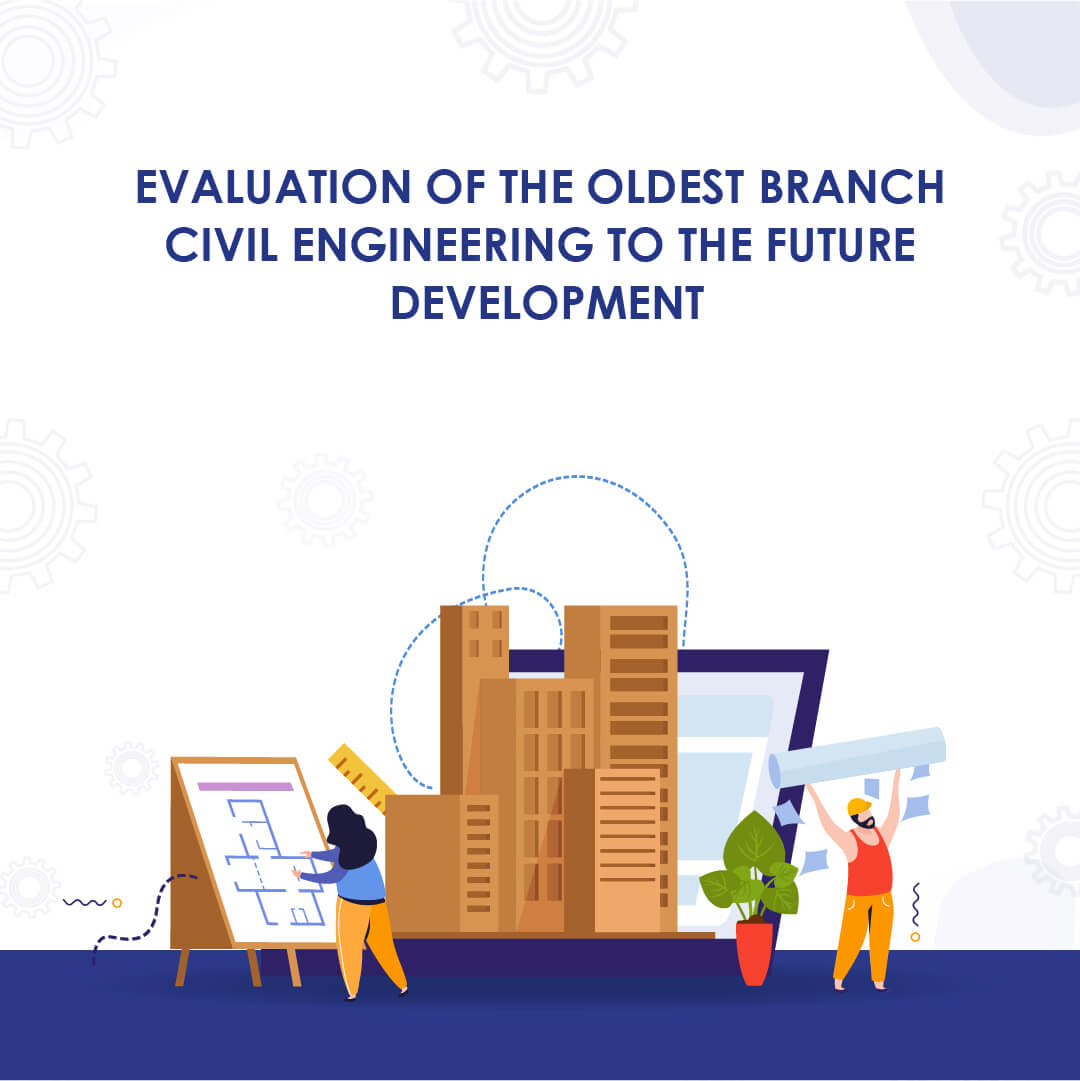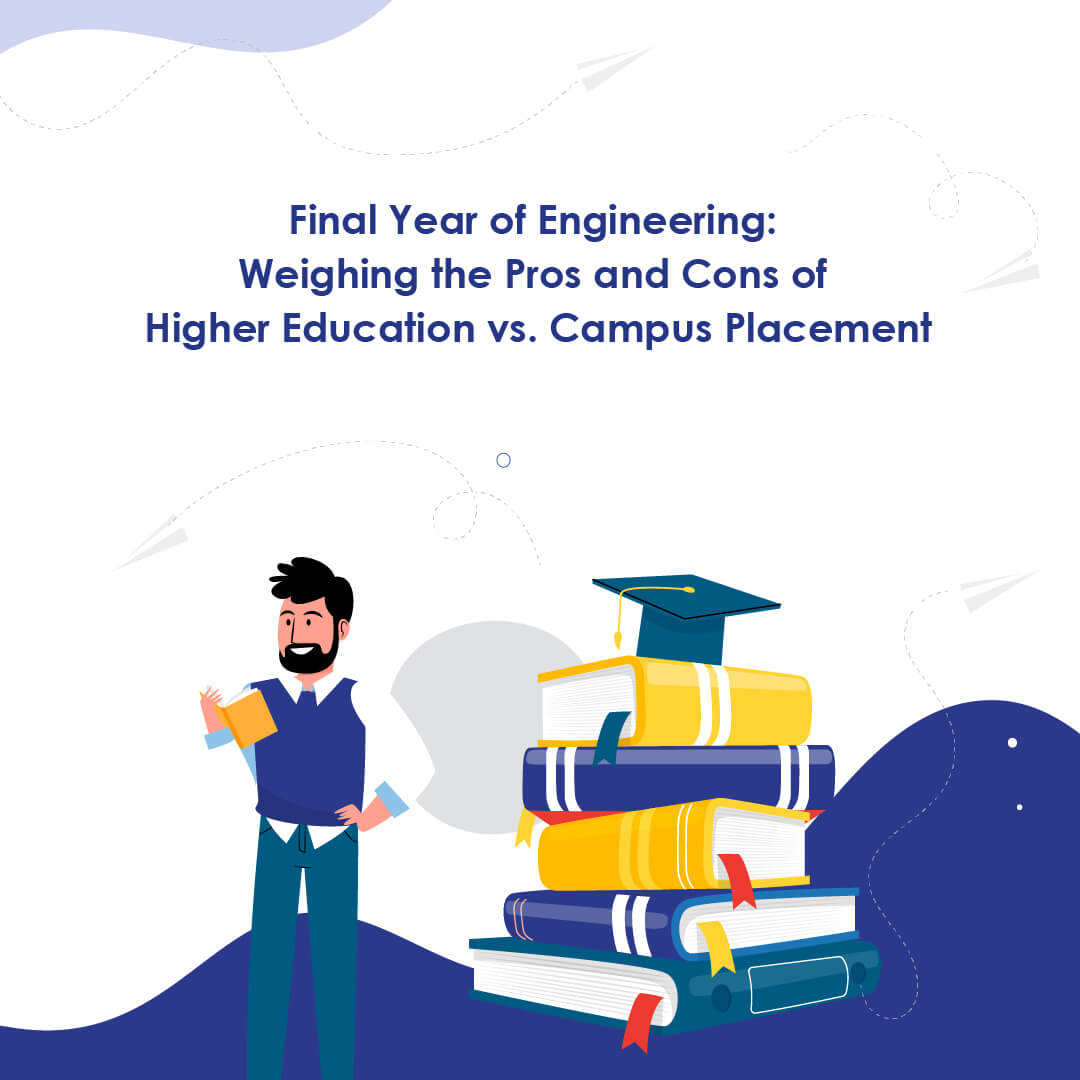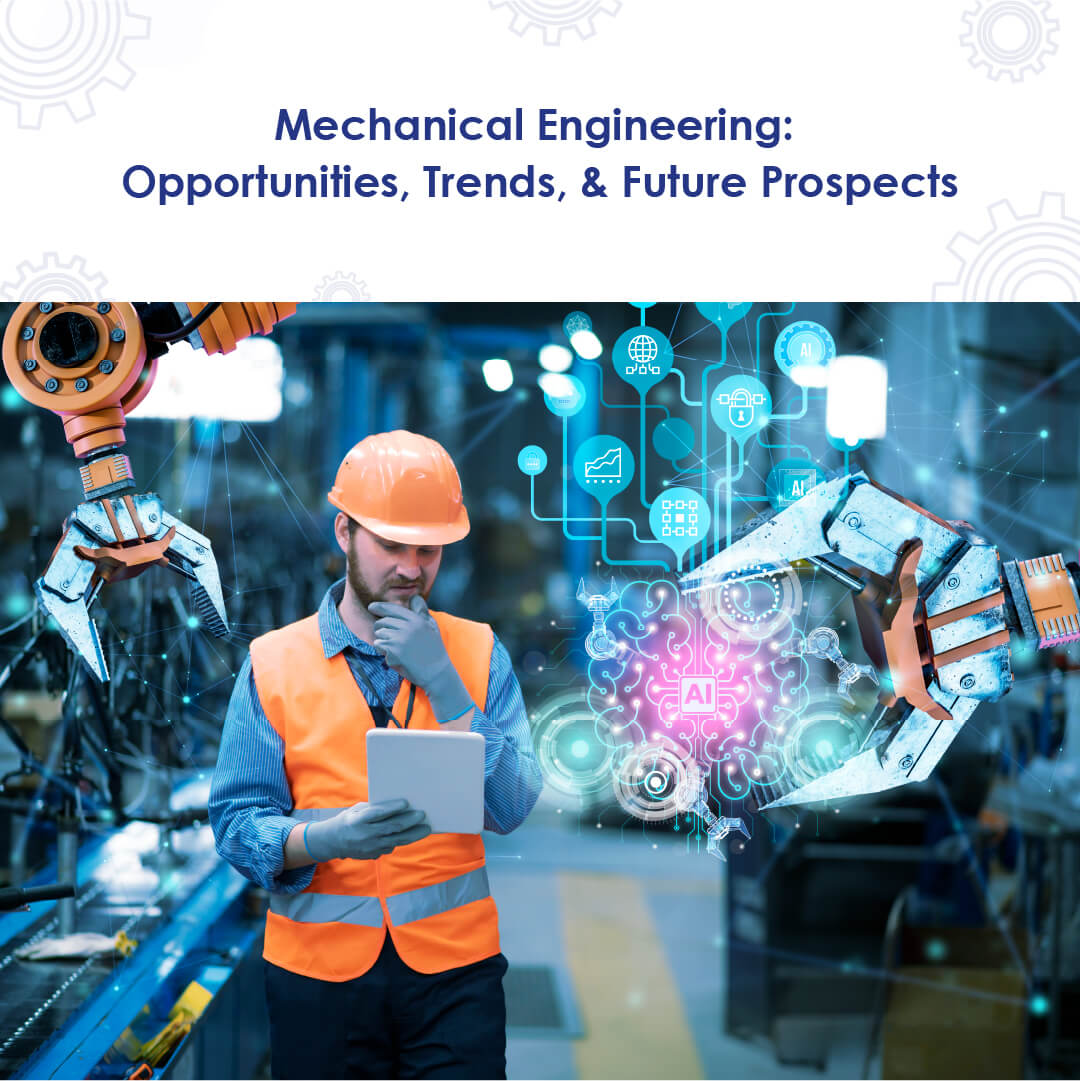Exploring the World of Artificial Intelligence
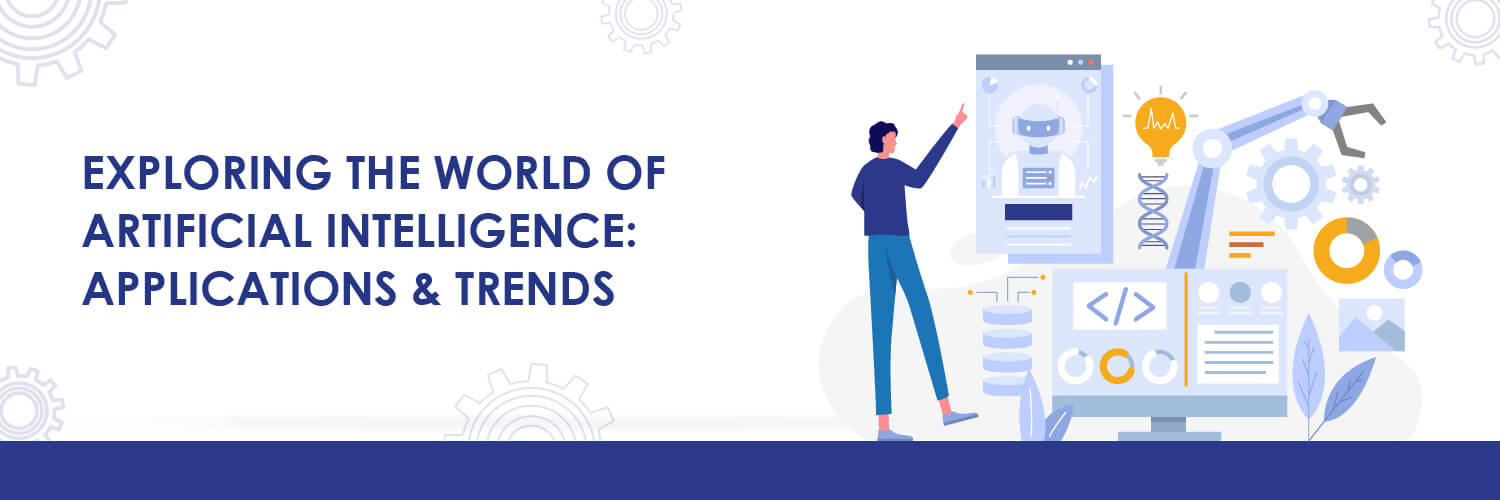
Artificial Intelligence, or AI, is taking giant strides, expected to grow by 38% in 2023. This remarkable technology is changing many areas, especially our learning and workspaces. At MIT AOE, we are at the forefront, diving deep into AI research and education.
Our focus on Artificial Intelligence and Machine Learning helps students understand the world of machines better, getting them ready for a future where AI is everywhere.
How Does Artificial Intelligence Work?
To get what Artificial Intelligence really is, we look into various parts, like machine learning and neural networks. These components serve as the foundation of AI, enabling computers to learn and develop. Machine learning focuses on assisting computers in learning from their observations and actions, whereas neural networks aim to operate similarly to the human brain.
By bringing Artificial Intelligence in education, we’re opening up new paths of learning and preparing students to make the most of what AI can offer. This mix of education and tech is showing us the unlimited possibilities that AI holds.
AI in Everyday Life
Artificial Intelligence (AI) has transitioned from being a concept in science fiction to a fundamental element in our everyday lives. The future of artificial intelligence carries immense potential, with its ongoing evolution across different industries, elevating user experiences and streamlining operations.
AI smoothly intertwines with our daily routines through multiple platforms, especially via virtual assistants such as Siri, Alexa, and Google Assistant, aiding in simplifying tasks, managing reminders, and controlling household devices.
In various domains including healthcare, finance, and entertainment, the applications of AI are abundant and persistently advancing.
Here are eight real-world applications of AI:
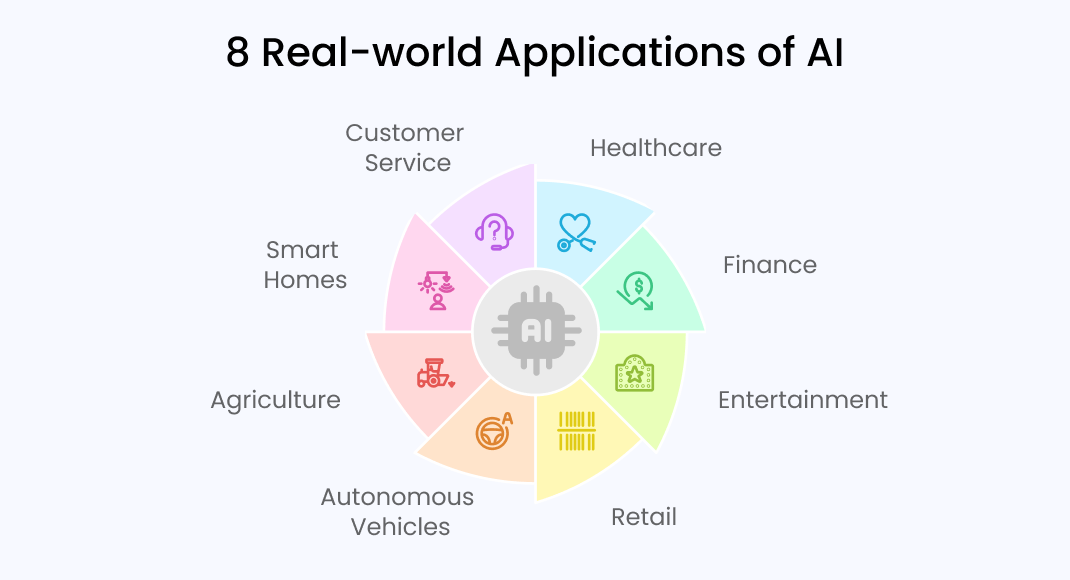
- Healthcare: AI is used for predictive analytics, aiding in early diagnosis and personalized medicine.
- Finance: Algorithms analyze market trends to give investment advice and detect fraudulent activities.
- Entertainment: Recommendation engines on platforms like Netflix and Spotify tailor content to individual preferences.
- Retail: Online retailers use AI for inventory management and customer behavior analysis to enhance the shopping experience.
- Autonomous Vehicles: Self-driving cars use AI to interpret and make decisions based on sensory input.
- Agriculture: AI assists in crop monitoring, predicting yields, and identifying potential diseases or pests.
- Smart Homes: AI powers home automation systems for energy management and security.
- Customer Service: Chatbots and virtual assistants provide immediate customer support and service.
MIT AOE has been instrumental in nurturing AI talent, implementing projects and initiatives aimed at exploring AI applications.
Their International Summer Internship Program (ISIP) held every June and July offers students from the second and third year of engineering a chance to dive deep into
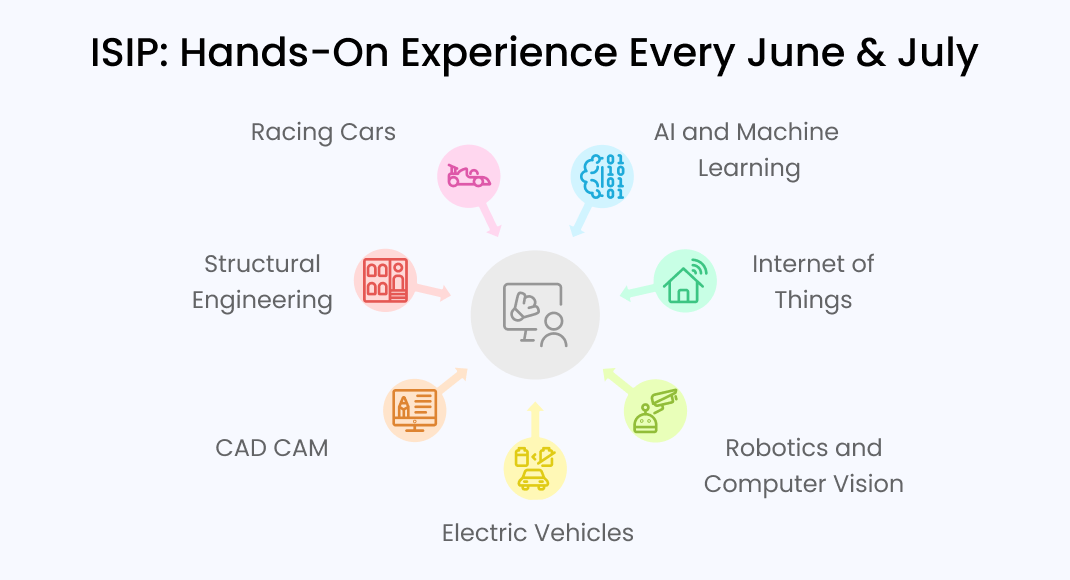
- AI and Machine Learning
- Internet of Things
- Robotics and Computer Vision
- Electric Vehicles
- CAD CAM
- Structural Engineering
- Racing Cars, etc.
This exposure allows students to gain hands-on experience and contribute to the advancements in AI.
AI and Industry Transformation
The transformative power of AI is evident as it continues to disrupt industries, paving the way for innovation and development. Some of the best B.Tech colleges in India, including MIT AOE, are at the forefront, producing graduates adept in leveraging AI for solving real-world problems.
AI has been a game-changer in business and manufacturing, optimizing operations, reducing costs, and enhancing productivity. For instance, General Electric employs AI to predict maintenance needs for its equipment, significantly reducing downtime.
In another example, Google’s AI-powered DeepMind helped the tech giant reduce the energy used for cooling its data centers by 40%, showcasing AI’s potential in operational efficiency.
Case studies reveal that companies utilizing AI achieve notable growth and efficiency. Amazon, with its AI-driven logistics and customer service, exemplifies how AI can streamline processes and improve customer satisfaction. Similarly, IBM Watson's AI solutions have empowered businesses in various sectors, including healthcare and finance, by providing insights and improving decision-making.
AI’s disruptive power, coupled with initiatives from academic institutions like MIT AOE, is fostering a fertile ground for innovation, making it an exciting time to explore the applications and trends in Artificial Intelligence.
AI in Education
The integration of Artificial Intelligence in Education is transforming the learning landscape, making education more personalized and accessible. AI's role in education is multifaceted, ranging from personalized learning platforms that adapt to individual student needs to intelligent tutoring systems providing instant feedback.
MIT AOE recognizes the importance of integrating AI into the educational curriculum. The institute offers elective courses in AI, ML, and IoT, ensuring that students are well-versed in the most recent technology and can discern whether these emerging fields align with their career aspirations. This approach fosters a deeper understanding and prepares students for future challenges in technology.
Looking ahead, the future of AI-powered education is promising. We can anticipate
- Personalized learning experiences
- Adaptive learning technologies
- Intelligent systems that can assist both teachers
Making education more interactive, engaging, and efficient.
AI Trends and Innovations
Civil engineering extends its reach beyond traditional construction projects. It plays a vital role in several other industries, creating synergies that lead to innovation.
Transportation: Civil engineers are critical in the development of transportation systems, including roads, bridges, tunnels, and airports. The expansion of high-speed rail networks and the integration of smart transportation solutions are reshaping the way we move.
The landscape of Artificial Intelligence is ever-evolving, with emerging trends ranging from advanced natural language processing to the development of sophisticated robotics. MIT AOE is actively engaged in pioneering AI research and development. One noteworthy contribution is their AI-Based Human Assistant Robot, which exemplifies the institute’s commitment to advancing AI technology.
MIT AOE’s researchers, including Nagoor Basha Shaik, Muddasser Inayat, Watit Benjapolakul, Balaji Bakthavatchalam, Surendra D. Barewar, Widhyakorn Asdornwised, and Surachai Chaitusaney, have made significant contributions in the field.
Their work on Artificial Neural Network modeling showcases the optimization of thermophysical behavior of MXene Ionanofluids for hybrid solar photovoltaic and thermal systems, as published in Thermal Science and Engineering Progress.
Looking ahead into the future of AI technology, there are anticipations of sustained progress and breakthroughs in fields like machine learning, robotics, and natural language processing.
MIT AOE demonstrates a steadfast dedication to AI research and development, establishing itself as a frontrunner in molding the future of this revolutionary technology, contributing significantly to the domain, and equipping the upcoming generation of innovators.
AI and Global Challenges
Artificial Intelligence is a key tool in addressing pressing global challenges, from climate change to healthcare. Some of the best engineering private colleges in India, including MIT AOE, are utilizing AI to tackle these issues head-on, showcasing the potential of AI in providing solutions to real-world problems.
MIT AOE’s initiatives demonstrate the collaborative efforts needed to harness AI for social good, leveraging technology to make a positive impact on a global scale.
AI's Influence on Research and Academia
The transformative impact of AI on research methodologies is reshaping the academic landscape, indicating a promising future of artificial intelligence in research and education. MIT AOE stands at the forefront of this transformation, offering hands-on training, research, and certificates for AI for mechanical engineering through the MIT Centre for Future Skills Excellence.
This initiative reflects MIT AOE’s commitment to advancing AI research and education. The institution is taking a decisive role in forging the future of AI in academia and further by displaying AI-centric research initiatives and advancements.
The realm of Artificial Intelligence is multifaceted and constantly progressing, encompassing a range of applications across different industries. MIT AOE stands out with its significant contributions and leadership in shaping the AI landscape. The journey through AI's possibilities is ever-evolving, and staying engaged with its progress is essential for embracing the technological future.
OUR RECENT BLOG
